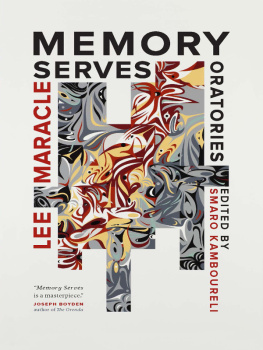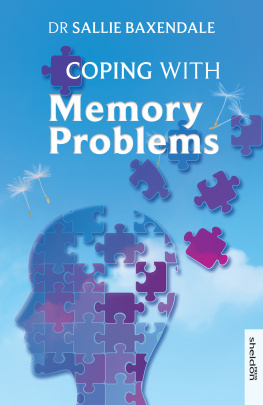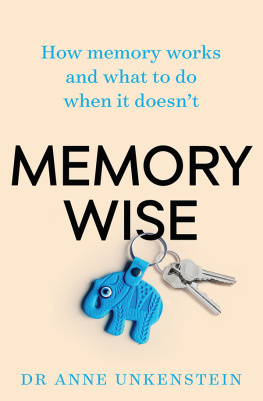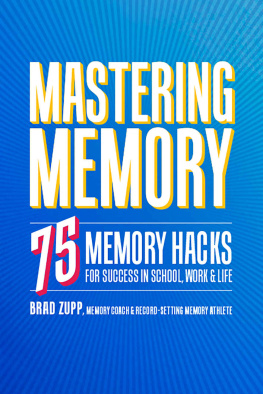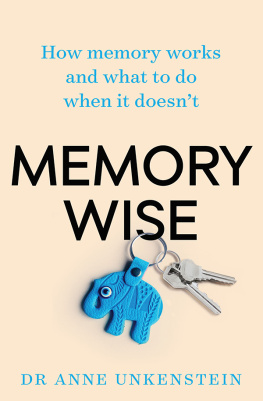
WRITER
as
CRITIC | OTHER BOOKS IN THE WRITER AS CRITIC SERIES
Edited by Smaro Kamboureli
Imaginary Hand, by George Bowering (1987)
Signature Event Cantext, by Stephen Scobie (1989)
In Visible Ink, by Aritha Van Herk (1991)
Canadian Literary Power, by Frank Davey (1994)
Nothing But Brush Strokes, by Phyllis Webb (1995)
Readings From The Labyrinth, by Daphne Marlatt (1998)
Faking It, by Fred Wah (2000)
Lyric/Anti-lyric, by Douglas Barbour (2001)
Apocrypha, by Stan Dragland (2003)
So This is the World and Here I am in it, by Di Brandt (2007)
My Beloved Wager, by Ern Moure (2009)
In Flux, by Roy Miki (2011) |
MEMORY
SERVES
ORATORIES
COPYRIGHT LEE MARACLE 2015
All rights reserved. The use of any part of this publication reproduced, transmitted in any form or by any means, electronic, mechanical, recording or otherwise, or stored in a retrieval system without the prior consent of the publisher is an infringement of the copyright law. In the case of photocopying or other reprographic copying of the material, a licence must be obtained from Access Copyright before proceeding.
LIBRARY AND ARCHIVES CANADA CATALOGUING IN PUBLICATION
Maracle, Lee, 1950
[Essays. Selections] Memory serves and other essays / Lee Maracle.
(Writer as critic ; 13)
Collection of oratories delivered and performed over a twenty-year period.
Includes bibliographical references.
Issued in print and electronic formats.
ISBN 978-1-926455-44-0 (pbk.).
ISBN 978-1-926455-45-7 (epub).
ISBN 978-1-926455-46-4 (mobi)
I. Title. II. Series: Writer as critic ; 13
PS8576.A6175A6 2015 C814'.54 C2015-901819-6 C2015-901820-X
EDITOR: Smaro Kamboureli
BOOK DESIGN: Natalie Olsen, Kisscut Design
COVER IMAGE: Susan Point, Salish Path, 2010, Serigraph.
AUTHOR PHOTO: Columpa Bobb
NeWest Press acknowledges the support of the Canada Council for the Arts the Alberta Foundation for the Arts, and the Edmonton Arts Council for support of our publishing program. This project is funded in part by the Government of Canada.
| # 201, 8540 109 Street
Edmonton, AB T6G 1E6
780.432.9427
www.newestpress.com |
No bison were harmed in the making of this book.
Printed and bound in Canada 1 2 3 4 5 17 16 15
To my teachers
CONTENTS
Smaro Kamboureli
When Smaro Kamboureli suggested that I gather together my speeches and lectures into a book, I thought it was a great idea. Having already written some of them down and published others, I thought it would be an easy book to put together. It turned out that fiction comes easier to me than non-fiction. Early in the revision process, I became aware of how often certain themes and concerns were recurring in the talks that I had presented over the course of many years. It is impossible to give a lecture or speak on any serious issue in the Indigenous world without placing it in the context of colonialism and our need for decolonization. In collecting these speeches together, I was then faced with the challenge of how to maintain the necessary emphasis on colonialism while still attending to its particular aspects in relation to individual talks. Also challenging was revising speeches and oratories that I had presented over twenty years ago. A talk always reflects where I am at in any given moment. We are called upon to continuously grow from the realizations that we come to when we speak. So revisiting the speeches that I gave years back has involved engaging with my growth since then, and fleshing out how I have evolved by travelling more deeply into a subject.
Sometime during the seventies, I was having a conversation with Haida feminist Lavina Lightbown. She told me this story: When we came out of the clam shell, the men got on the back of a shark, who took them to killer whale, who took them to land. The women came out of the clam shell and saw a woman at the bottom of the sea in an ocean river. They went to exchange pleasantries with her. She asked where they were going. They told her they were going up on land to become human. Here, you might need this, she said, and handed them some brains. It dawned on me that, in order for us to achieve clarity, we had to go back to the bottom of the sea, through all the layers of green to dark, to consult with the mother of thought who lives there.
I love speaking. I love our orality, its rhythm, its ease, the way we can slip into poetry, story, even song and dance, break the tedium with a joke, particularly an anti-colonial joke. I love how the speaker gets to wander around and through a subject with the audience. On paper, though, the words can lose much of the personality of the speaker, jokes dont fit, and the sidebars, the off-the-cuff remarks, detract and can even trivialize the thoughts shared. When you speak you deliver a voice; everyone knows that what you think is also what you feel. In speaking, there is no problem delivering the integrity of your emotionality. But in writing you evoke, instead of expressing, your feelings. When the immediacy that links speaker and audience is absent on the page, you must find other ways of sharing the feelings that give rise to your thoughts.
My elders always called me paximsweetheart; some of them still do. I thought that it was because I was a little sweetheart, until one day my daughter was drifting from the family fold in a direction that was dangerous and ill-disciplined: Just call her sweetheart, one of my aunts said, worked for you. As a child, I was not disciplined. I have struggled to find the discipline of nonfiction in the course of revising these speeches. I have struggled with order, organization, structure, and clarity without losing my own sense of presentation and orality. Memory Serves reads like a new kind of prose, what is fashioned when oratory is written down.
I have struggled to write these speeches respectfully, without losing my voice in the process. Some complex thoughts are unraveled in the pages of this book. Some of the concepts have not yet been articulated in English or in our original languages. I have struggled to deploy the way we do things, the processes we use to come to a clear understanding so that they can be articulated in writing. This is especially the case with the essay Oratory on Oratory. It is difficult enough to write non-fiction without trying to articulate something that is so ordinary for us; it is like breathing, oxygenation and expiration, detoxification. We do it every day, so it should be easy.
Each oratory turned-essay here stands on its own, but read together they create a journey through our world and the underpinning thoughts, theories, and logic that drive that world as I see it. I say as I see it because I have gleaned concepts contained in stories, stories that I have interpreted in accordance with the direction we are all obligated to travel in toward the good life and the good mind and that too requires that I interpret what the good life and good mind are, and map out the direction to determine what will lead us there.

